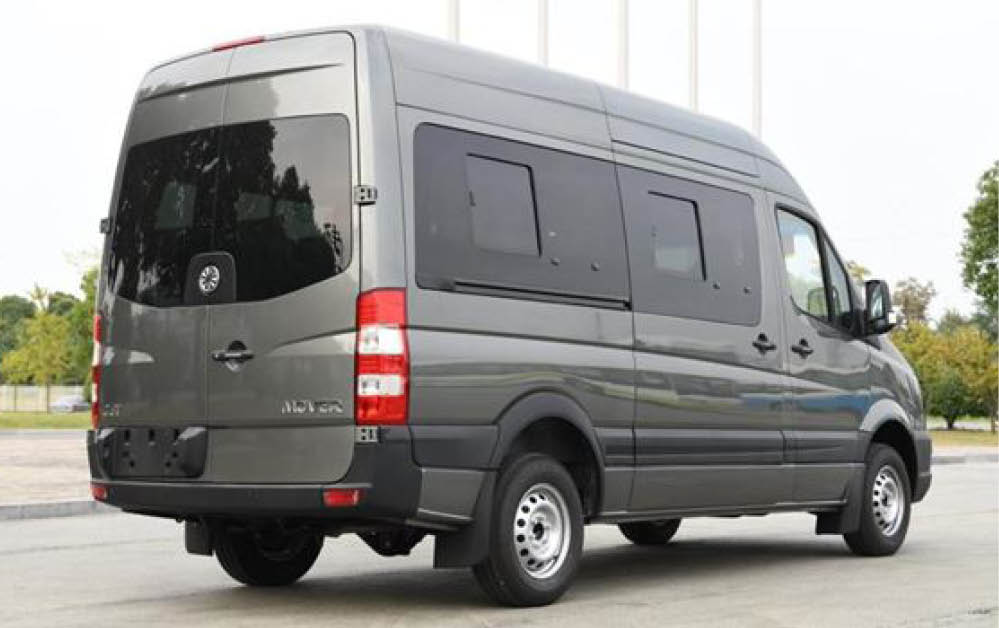Nigeria’s quest towards the shift from fossil fuel towards vehicle electrification has continued to resonate with the recent award to a promoter and assembler of electric range of buses in the country.
Director of Sales and Marketing of Jet System Limited, Sanjay Rupani, Jet Systems have set out ambitious plans in years to come to ensure the transformation in E- mobility space is intensified across Nigeria.
Part of these plans he said is to promote the adoption of E-mobility in Nigeria and educate the public on electric vehicles (EVs).
“We will also encourage relevant stakeholders such as governments at various levels, financiers, investors, general public, and the other assemblers to come together and develop the policies that will promote the systems,” he said.
The lowest voters’ turnout in Nigeria’s election history: What happened?
Nigeria now has efficient e-border security architecture – Aregbesola
It would be recalled that Jet Systems was last month awarded the “Electric Vehicle Company of the Year” award at the NAJA auto industry awards.
The auto firm also plans to introduce more products that will meet different needs of mobility options at a budget-friendly price, in addition to innovating to provide energy solutions as it relates to electric vehicles.
Sanjay Rupani identified the target audience of Jet Electric Vehicles in the country to include all ministries, departments and agencies (MDAs) of government, corporate entities, schools, transport companies and other logistics support providers.
He expressed hope that some of the impediments towards vehicle electrification in Nigeria such epileptic power source, high acquisition cost is high, lack of government initiatives to encourage and promote the adoption of EV and inadequate charging infrastructure can be addressed.
Chief Operating Officer (COO) of the company, Oluwemimo Osanipin, reflected on some of the constraints facing automotive assemblers in Nigeria, identifying such bottlenecks to include inconsistent government policies as it relates to the auto industry, poor infrastructure for instance, the power supply.
Osanipin regretted that apart from the current duty structure in the country that is unfavorable for assemblers, the hydra-headed problems of multiple taxes, porous border that facilitates the influx of gray importation remains a major concern that hampers auto assemblers bottomline.

 Join Daily Trust WhatsApp Community For Quick Access To News and Happenings Around You.
Join Daily Trust WhatsApp Community For Quick Access To News and Happenings Around You.